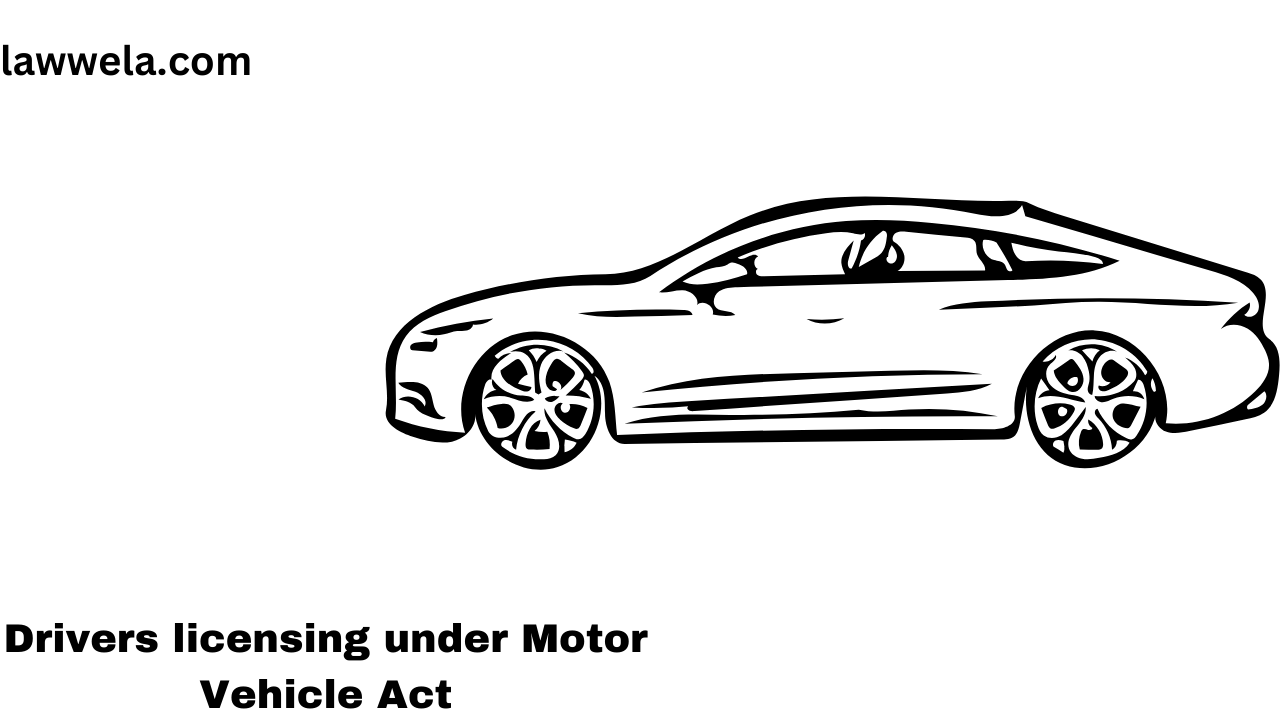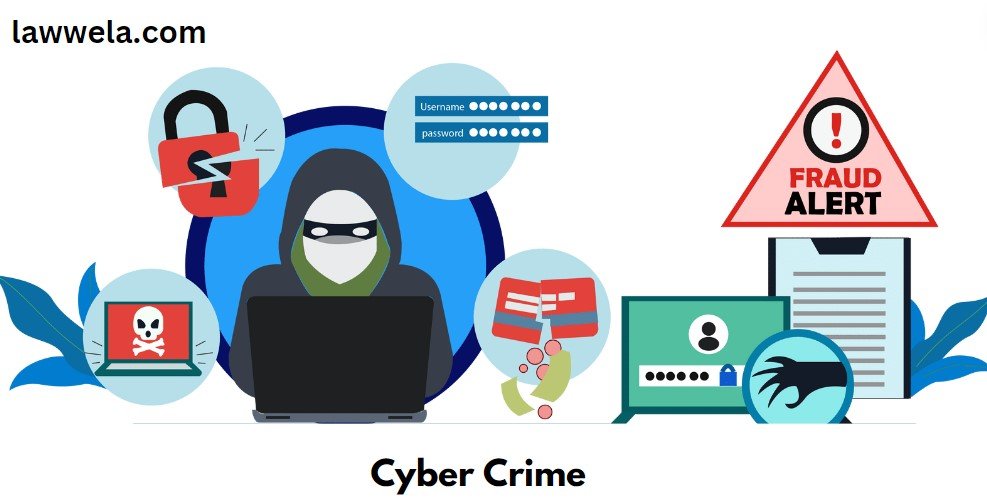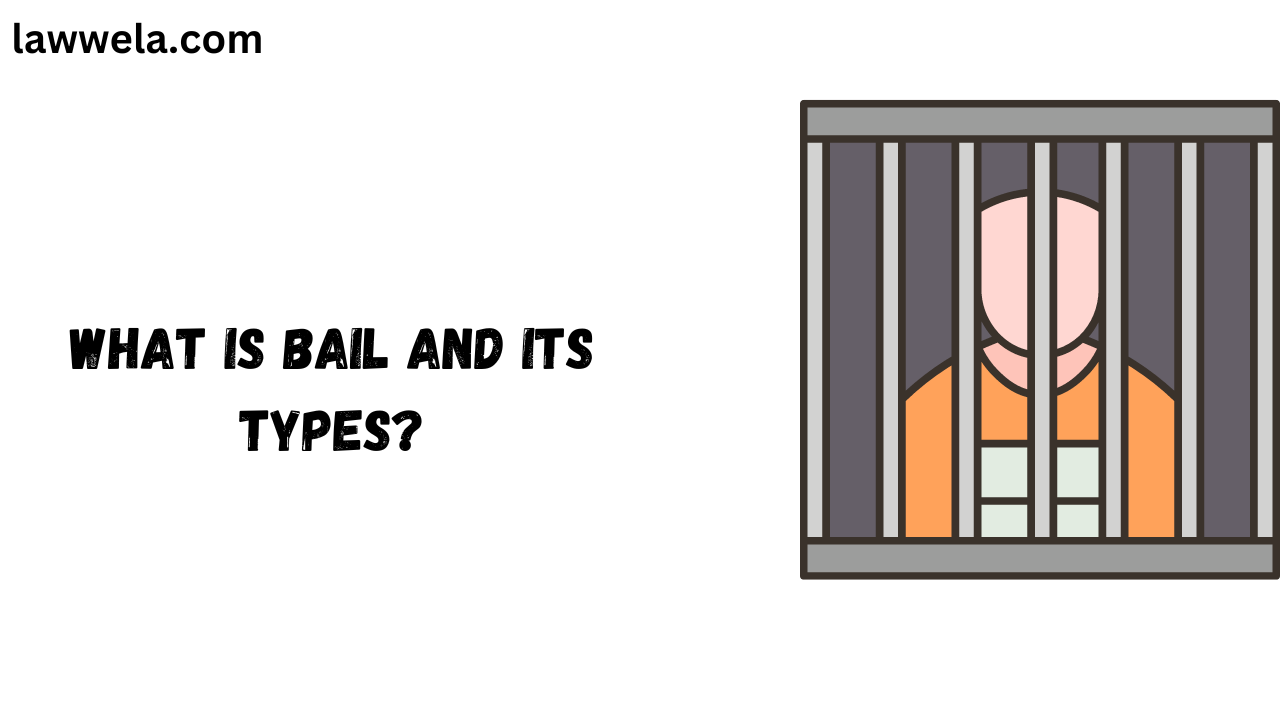What is Abetment under IPC?
According to Chapter V of the Indian Penal Code, even if a person has not committed the crime, they cannot be discharged of all allegations, if they have conspired to commit it. The law of abetment has made the law broader in penalizing these threatening intents. What is Abetment? Abetment means to instigate, provoke, or … Read more










